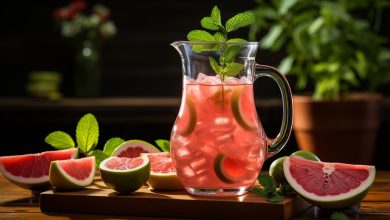Sports Drinks Vs. Water: Which Is Better for Hydration
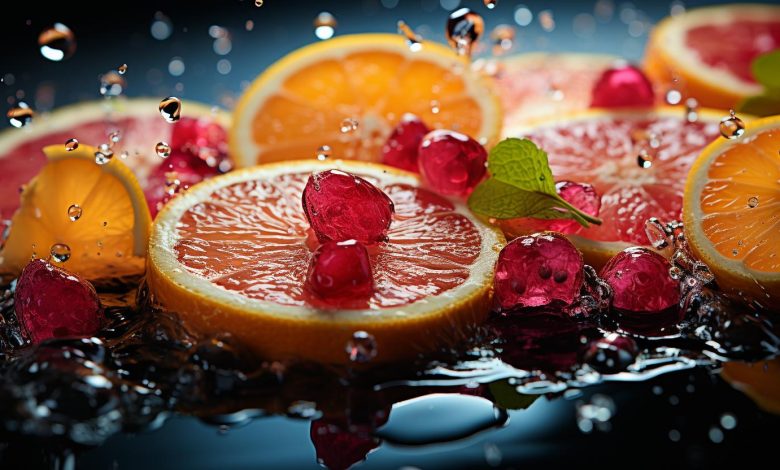
Do you ever find yourself torn between reaching for a sports drink or a refreshing glass of water after a grueling workout?
Picture this: You’ve just finished an intense training session, drenched in sweat and feeling depleted. The question arises – which option will truly quench your thirst and replenish your body?
In this article, we’ll dive into the debate of sports drinks versus water for hydration. With evidence-based insights and practical advice, we aim to help you make an informed choice that optimizes your performance and overall well-being.
Benefits of Sports Drinks
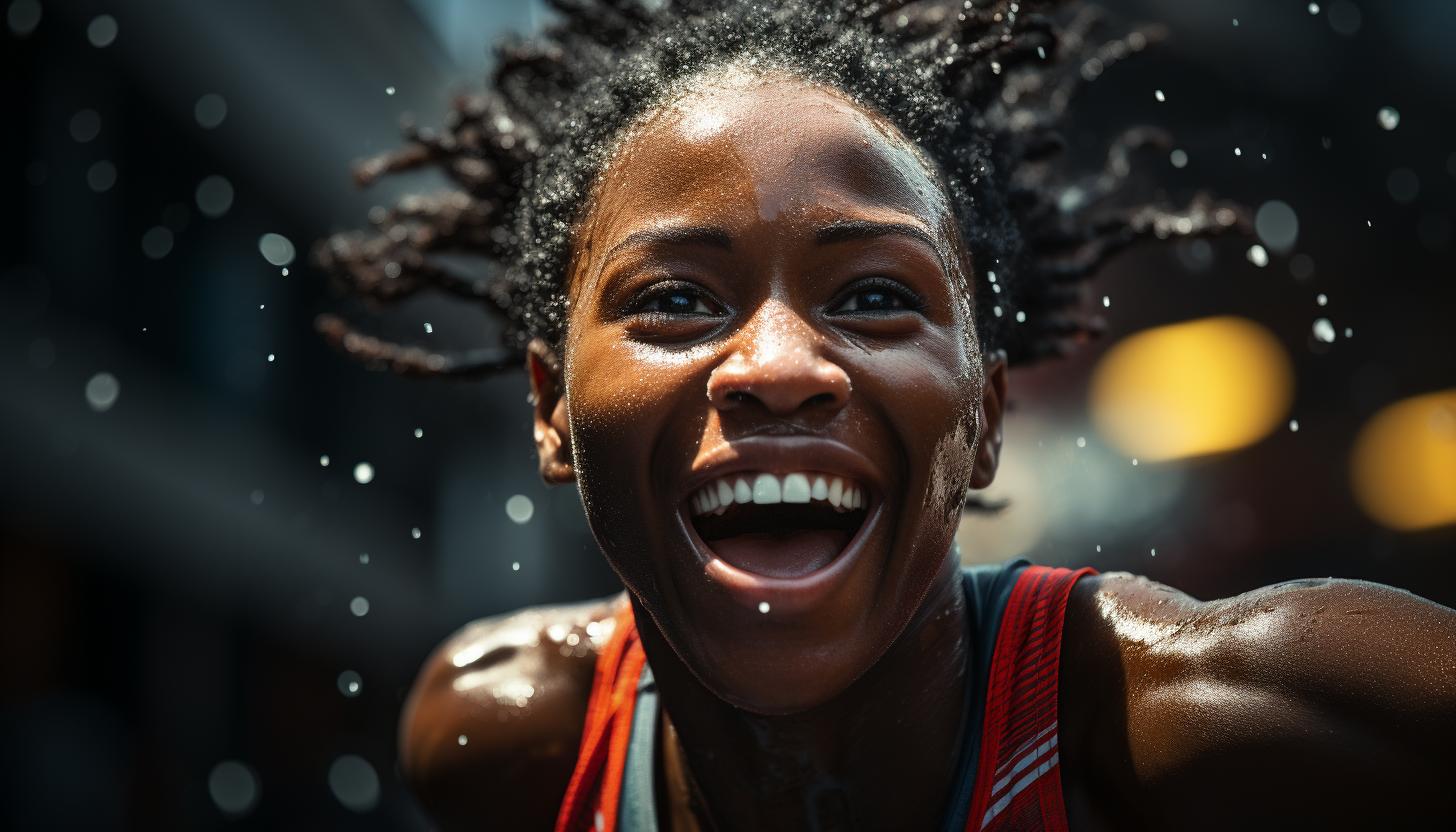
Sports drinks provide electrolytes and carbohydrates that can help replenish your body’s energy levels during intense physical activity. These beverages offer several benefits and performance advantages over plain water.
One of the main benefits of sports drinks is their ability to replace electrolytes lost through sweat. Electrolytes, such as sodium, potassium, and magnesium, play a crucial role in maintaining proper muscle function and hydration levels. When you exercise intensely or for prolonged periods, you lose these essential minerals through sweat. Sports drinks contain an optimal balance of electrolytes that aid in preventing dehydration and muscle cramps.
Additionally, sports drinks provide carbohydrates which are the primary source of fuel for your muscles during exercise. These beverages contain simple sugars like glucose and fructose that are quickly absorbed into your bloodstream, providing a readily available source of energy. This can enhance your endurance and delay fatigue during prolonged physical activity.
Furthermore, sports drinks are designed to be easily digestible and quickly absorbed by your body. This means that they can be consumed before or during exercise without causing any discomfort or stomach issues.
Importance of Hydration
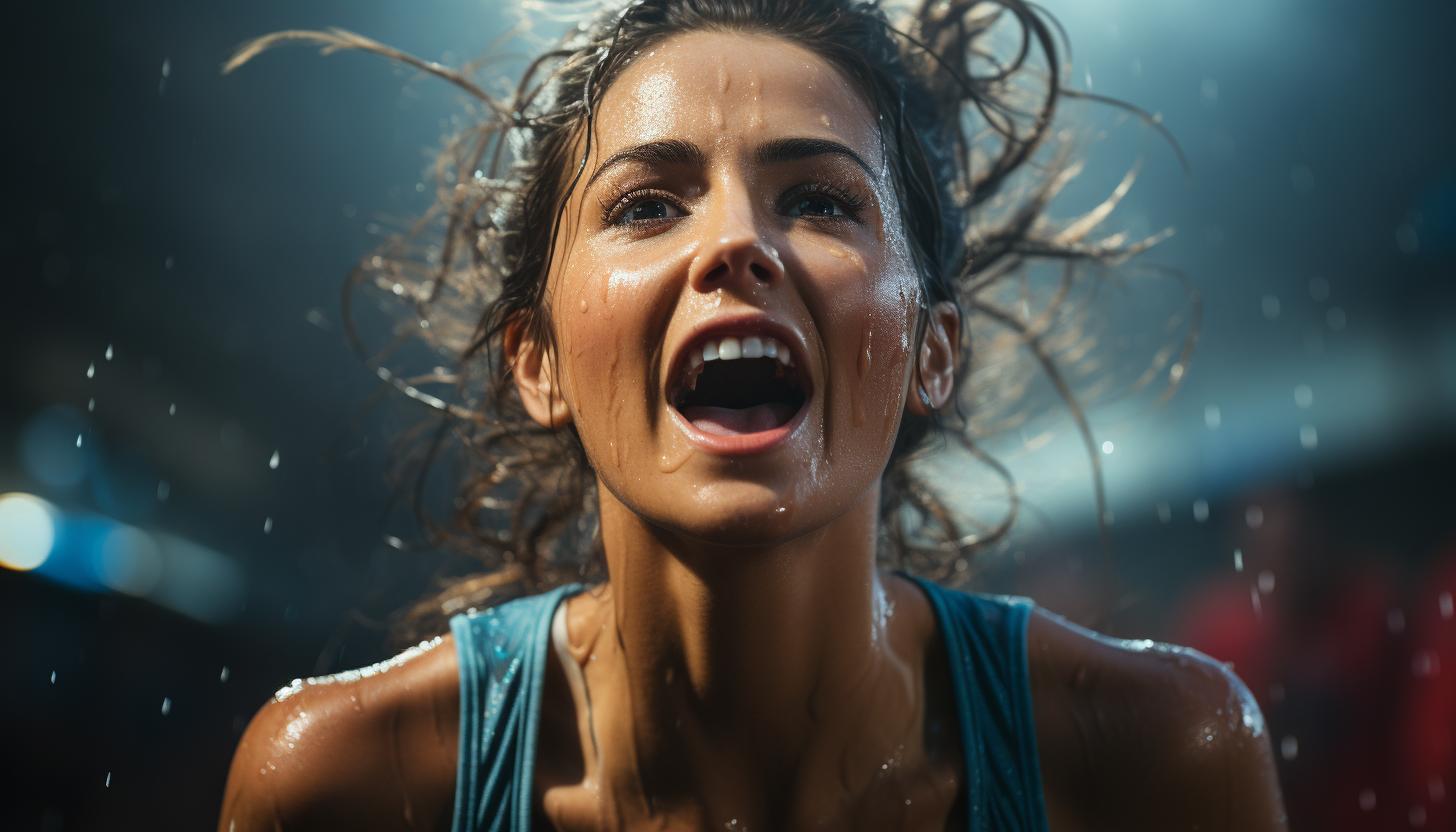
Staying properly hydrated is crucial for your body’s optimal functioning. Here are three important things to consider when it comes to hydration methods and water intake guidelines:
1. Water is the best choice: When it comes to staying hydrated, there’s no better option than plain water. It has zero calories, no added sugars, and is readily available. Aim to drink at least 8 cups (64 ounces) of water per day, but keep in mind that individual needs may vary based on factors like activity level and climate.
2. Hydration beyond water: While water should be your primary source of hydration, other fluids can also contribute to your overall intake. Unsweetened herbal tea, low-fat milk, and 100% fruit juice can provide additional hydration benefits.
3. Listen to your body’s cues: Thirst is a reliable indicator that you need to drink more fluids. However, waiting until you feel thirsty might not always be enough. Pay attention to other signs of dehydration such as dry mouth, dark urine, fatigue, or dizziness.
Remember that staying properly hydrated goes beyond simply drinking enough fluids—it also involves replenishing electrolytes lost through sweat during physical activity or in hot weather conditions. Consider adding a sports drink or electrolyte-rich beverage if you engage in intense exercise lasting longer than one hour.
The Science Behind Water’s Hydration Power
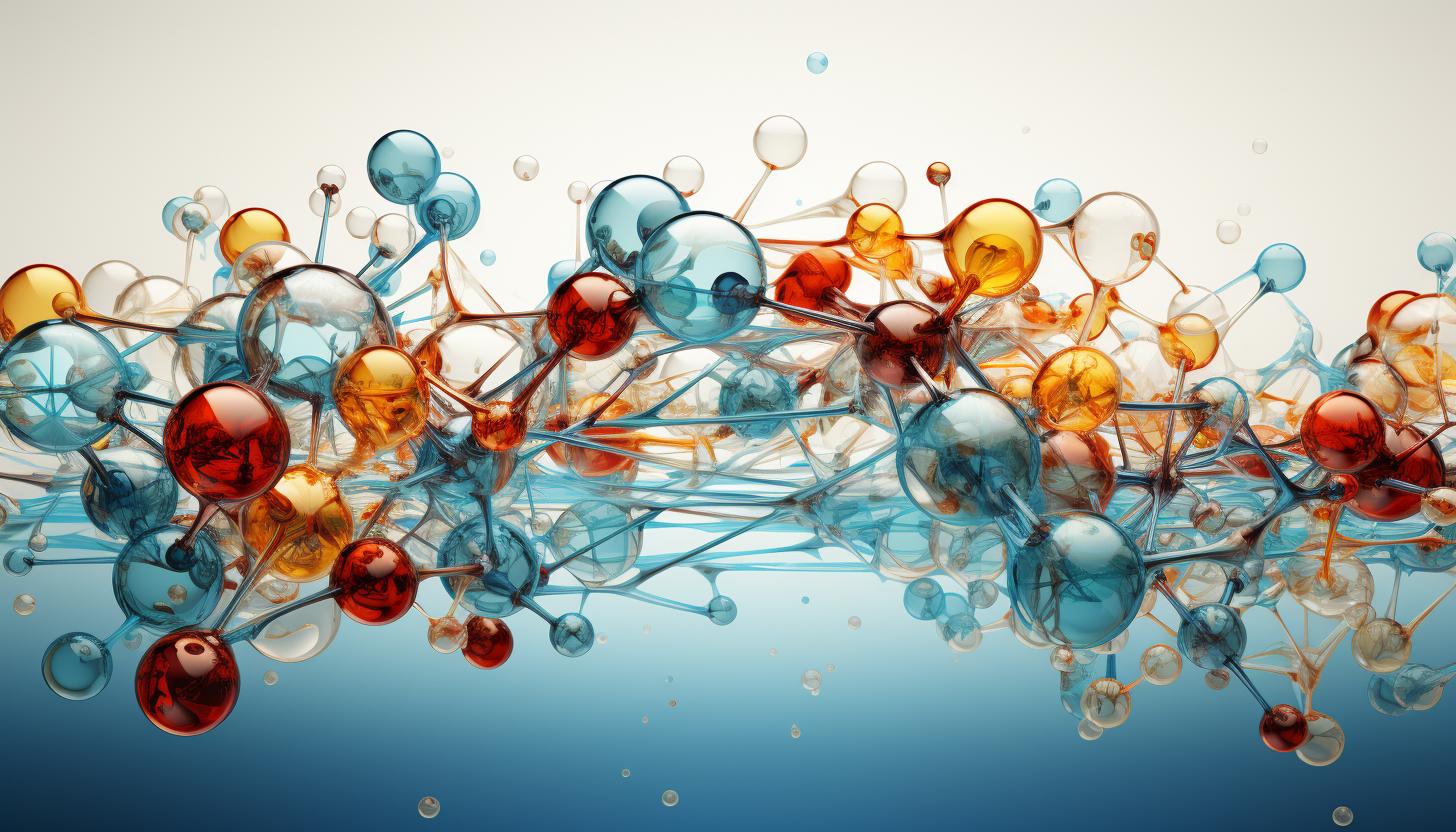
Quenching your thirst with plain water is not just a simple act, but it involves the fascinating science behind how water effectively hydrates your body. When it comes to athletic performance, staying hydrated is crucial. Water plays a significant role in maintaining optimal performance levels during exercise. Unlike other hydrating beverages such as sports drinks or energy drinks, water is the most natural and pure form of hydration.
Water has several advantages over other beverages when it comes to athletic performance. Firstly, it doesn’t contain any added sugars or artificial ingredients that can negatively impact your health. Secondly, water is readily available and affordable for everyone, making it a convenient choice for athletes at all levels. Additionally, studies have shown that drinking enough water before and during physical activity can improve endurance and prevent dehydration-related fatigue.
While sports drinks may provide electrolytes and carbohydrates that can be beneficial during intense workouts lasting longer than an hour, for most individuals engaging in moderate exercise or shorter workouts, plain water is sufficient to meet their hydration needs. By choosing water as your primary source of hydration, you are ensuring that you stay properly hydrated without any unnecessary additives.
As we delve deeper into the topic of hydration, let’s now explore the role electrolytes play in maintaining proper fluid balance within our bodies.
Electrolytes: The Role They Play in Hydration
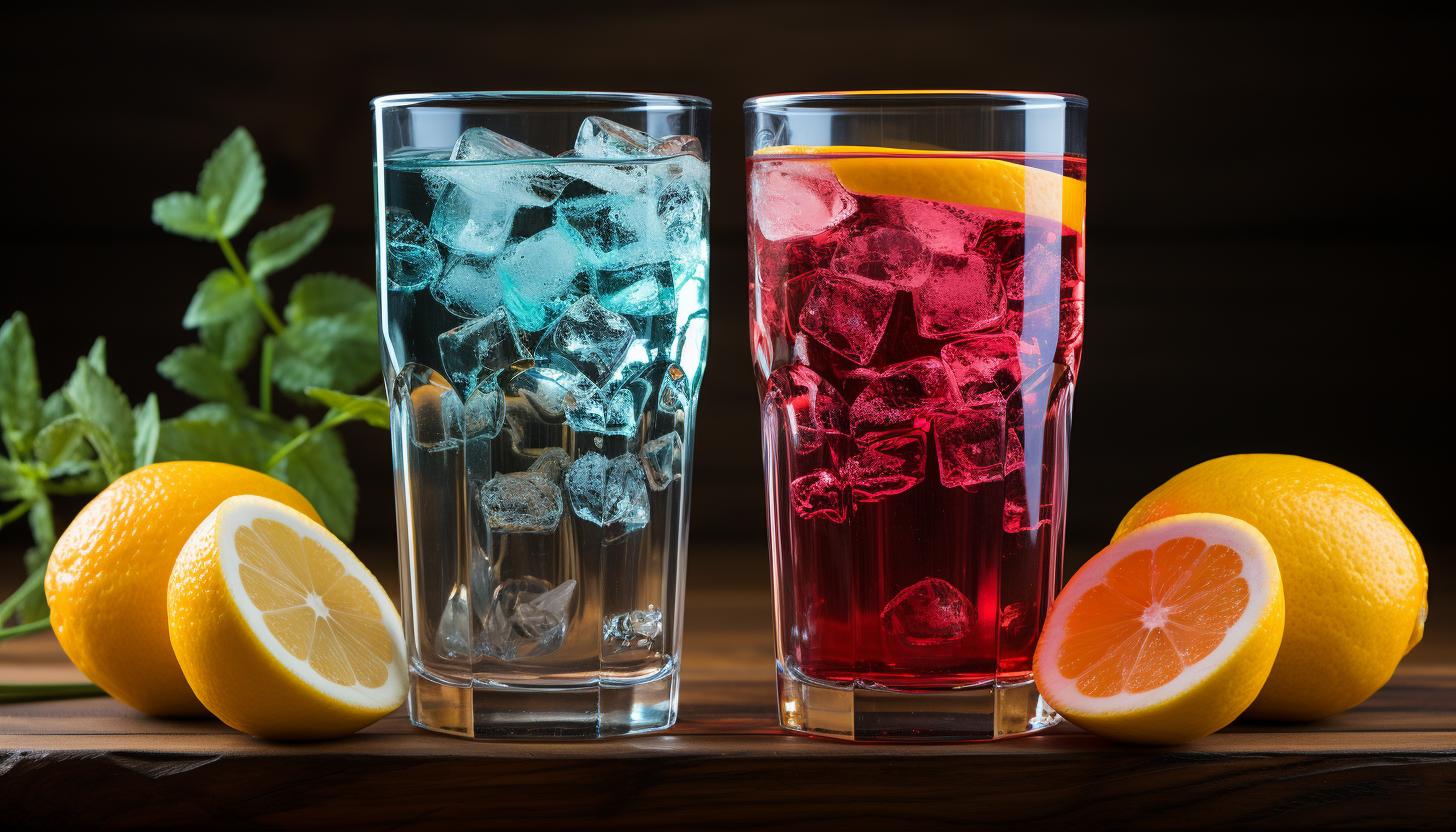
When it comes to maintaining proper hydration, you may not realize how essential electrolytes are in balancing fluids within your body. Electrolytes are minerals that carry an electric charge and help regulate various bodily functions, including fluid balance.
Here are three important things you need to know about electrolytes and their role in hydration:
1. Electrolyte imbalance: When there is an imbalance of electrolytes in your body, it can disrupt the fluid balance and lead to dehydration. Common causes of electrolyte imbalances include excessive sweating, vomiting, diarrhea, or certain medical conditions like kidney disease.
2. Dehydration symptoms: Dehydration occurs when your body loses more fluids than it takes in. Symptoms of dehydration may include increased thirst, dry mouth and throat, fatigue, dizziness or lightheadedness, decreased urine output, and dark-colored urine.
3. Replenishing electrolytes: During intense physical activity or when experiencing symptoms of dehydration, replenishing electrolytes is crucial for restoring proper fluid balance. Sports drinks containing electrolytes such as sodium and potassium can be helpful in replenishing these vital minerals along with water.
Remember that while water is generally sufficient for everyday hydration needs, sports drinks can be beneficial for individuals engaged in prolonged or intense physical activities where significant fluid loss occurs. However, always consult with a healthcare professional if you have concerns about electrolyte imbalances or severe dehydration symptoms.
Debunking Myths: Sports Drinks Vs. Water
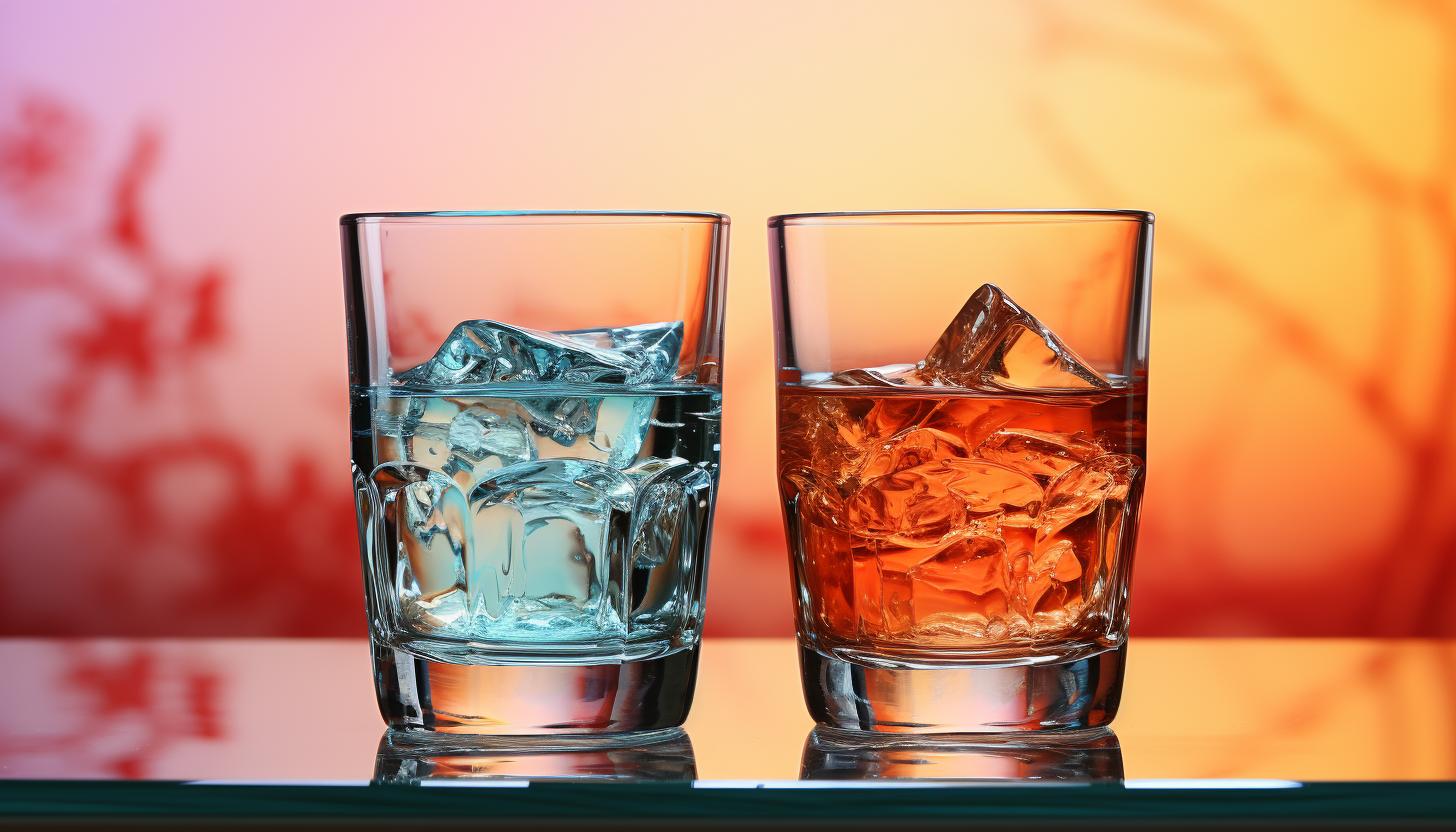
Contrary to popular belief, it is important to understand the differences between electrolyte-infused beverages and plain water when it comes to maintaining proper hydration. There are common misconceptions that sports drinks are always better than water for rehydration, but this is not entirely true.
While both options can help replenish fluids and prevent dehydration, they have different purposes and potential health risks.
One common misconception is that sports drinks are necessary for hydration during exercise or physical activity. While these beverages do contain electrolytes like sodium and potassium, which can be lost through sweat, they also come with added sugars and calories. For most people engaging in moderate exercise or daily activities, plain water is sufficient to maintain proper hydration levels without the added sugars.
Another misconception is that sports drinks are healthier than plain water because they provide extra nutrients. However, research suggests that most individuals consume enough essential nutrients through their regular diet and do not need additional supplementation from sports drinks. In fact, excessive consumption of these beverages can lead to weight gain, tooth decay, and an increased risk of chronic diseases such as diabetes.
It’s important to note that while sports drinks can be beneficial for athletes engaging in intense workouts lasting longer than an hour or under extreme heat conditions, for the average person engaged in regular activities or shorter workouts, drinking plain water remains the best option for staying hydrated without unnecessary health risks.
Conclusion
So, now you know the facts.
Sports drinks and water both have their benefits when it comes to hydration. While sports drinks provide electrolytes and carbohydrates that can be beneficial for intense workouts or prolonged physical activity, water remains the ultimate hydrator.
It’s easily accessible, calorie-free, and does a fantastic job at replenishing your body’s fluids.
So next time you’re reaching for a drink to quench your thirst, remember that water is always the best choice for staying hydrated and performing at your best.
Stay refreshed!



